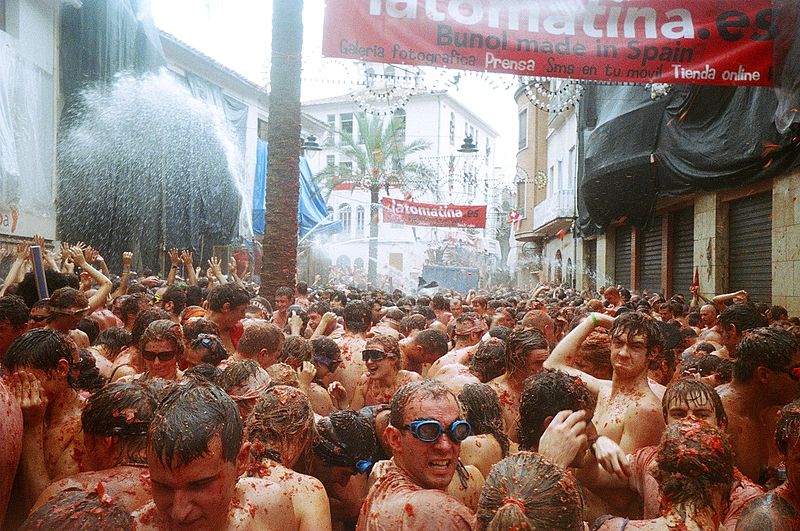Spain in the News: Is Spain in the wrong timezone?
Categorías: Blog, DiscusiónThe following article argues that Spain is in the wrong time zone, and that because the Spanish working day follows daylight hours, many workers are exhausted, or feel jet-lagged, because they wake-up earlier and go to bed later than they should.
What do people think of this article?
Do you think that it should be changed? Would businesses want to adapt to the change?
In my personal opinion, in the past when I have worked in places following the traditional ‘businesses’ hours, I always preferred to have 45 minutes or an hour for lunch, so that I could get home early. But maybe, my opinion could be because I didn’t enjoy some jobs in the past, and now I have a job here at Optima Communication, that I enjoy a lot I don’t mind working longer hours.

By Siôn
(An English Teacher at Optima)




